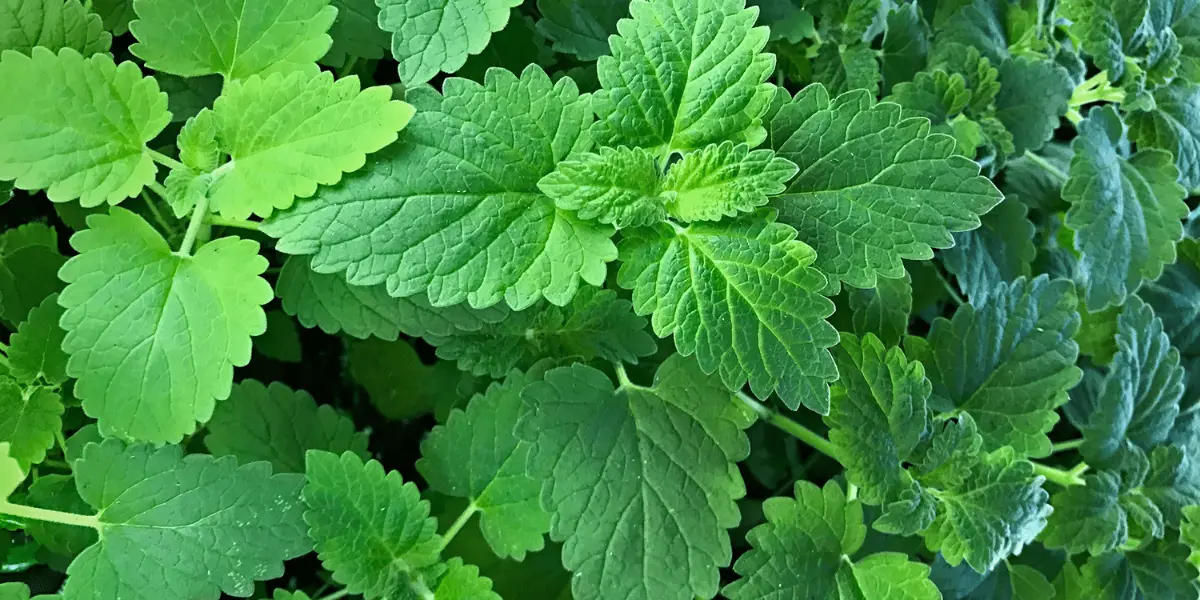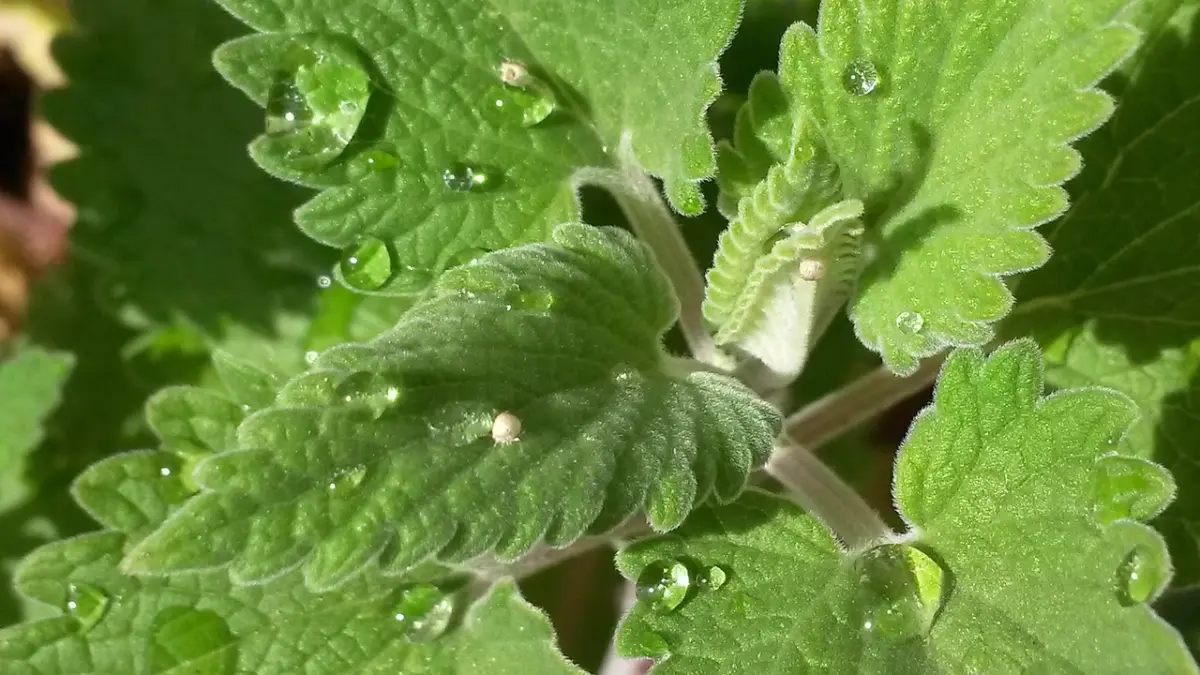As a ferret enthusiast, you might be curious to know if your beloved pet can indulge in catnip, much like their feline friends. In this extensive guide, we will delve into the effects of catnip on ferrets, potential advantages and drawbacks, and alternative methods to keep your ferret entertained.
What is Catnip?
Catnip, scientifically known as Nepeta cataria, is a perennial herb belonging to the mint family. It contains a chemical compound called nepetalactone, which is responsible for the fascinating effects it has on cats. When cats sniff or ingest catnip, they exhibit a range of behaviors, from euphoria and playfulness to relaxation and even aggression.
Can Ferrets Have Catnip?
The straightforward answer is YES, ferrets can have catnip. However, the effects of catnip on ferrets are not as significant as they are on cats. Some ferrets may display a mild interest in catnip, while others may not react to it whatsoever. This is because the nepetalactone compound does not have the same influence on a ferret’s brain as it does on a cat’s brain.

Potential Benefits and Risks
While catnip is generally considered safe for ferrets, there are a few potential benefits and risks to keep in mind.
Benefits
- Mild Stimulation: If your ferret does respond to catnip, it may offer a gentle form of stimulation and enrichment. This can be beneficial in keeping your ferret entertained and mentally engaged.
- Bonding Opportunity: Introducing catnip during playtime can be an enjoyable way to bond with your ferret and create positive associations with play and handling.
Risks
- Allergic Reactions: As with any other substance, there is a possibility that your ferret could have an allergic reaction to catnip. If you observe any signs of distress, such as difficulty breathing, excessive itching, or swelling, remove the catnip promptly and consult your veterinarian.
- Overconsumption: Although ingesting small amounts of catnip is generally safe for ferrets, consuming large quantities can lead to digestive issues. Always keep an eye on your ferret’s interaction with catnip and remove it if they start to consume too much.
Catnip Alternatives for Ferrets
If your ferret doesn’t appear interested in catnip, or if you prefer to avoid the potential risks, there are plenty of other ways to provide mental and physical stimulation for your furry companion.
- Toys: Ferrets adore playing with toys, particularly those that make noise or have intriguing textures. Offer your ferret a variety of toys to keep them entertained and engaged.
- Tunnels and Tubes: Ferrets are natural burrowers and love to explore tunnels and tubes. You can create an exciting play area for your ferret using PVC pipes or cardboard tubes.
- Interactive Play: Spend time playing with your ferret using toys like feather wands or even your hands. This not only provides mental stimulation but also helps strengthen the bond between you and your ferret.
- Training: Ferrets are intelligent animals and can be trained to perform simple tricks and tasks. Training your ferret can be a fun and rewarding way to keep them mentally engaged.
In conclusion, while ferrets can have catnip, the effects are generally mild and may not be as stimulating as they are for cats. Always monitor your ferret’s interaction with catnip and be aware of potential risks. If catnip isn’t your ferret’s cup of tea, there are plenty of other ways to provide mental and physical stimulation for your dear pet.
